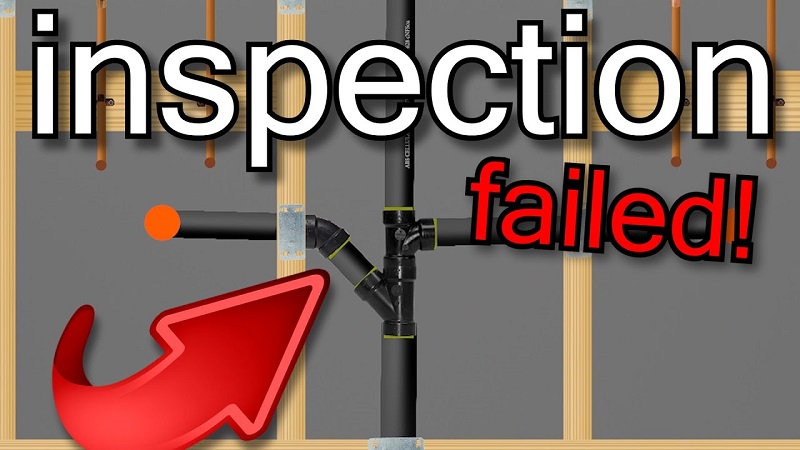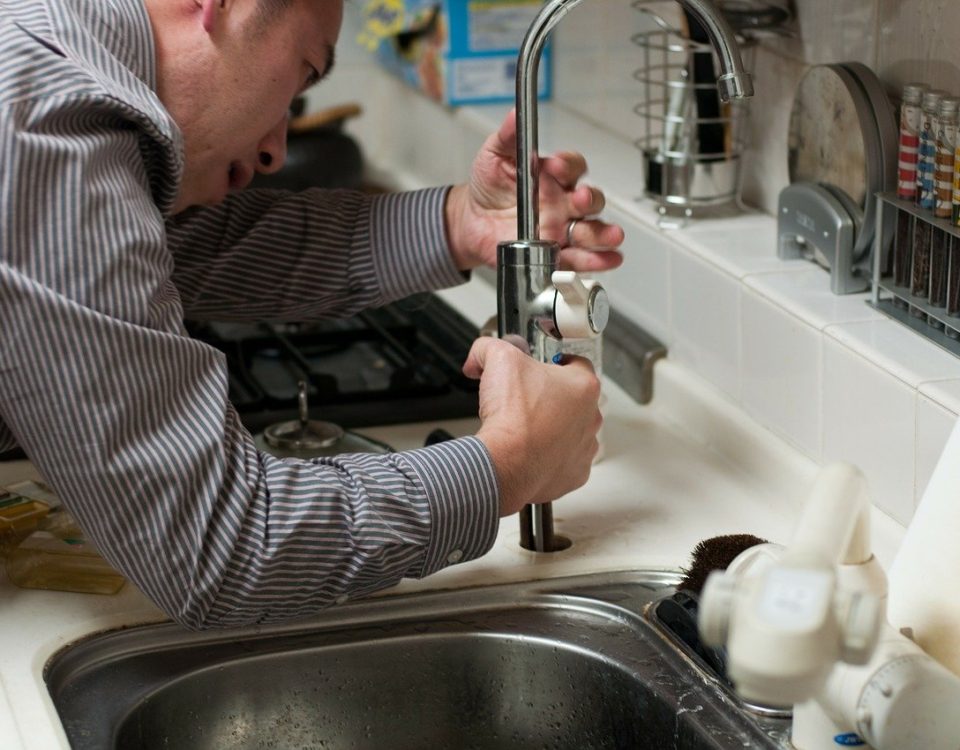Does Homeowners Insurance Cover Plumbing and Pipe Leaks?

5 Signs You Need a Sewer Line Inspection
February 10, 2022
Common Plumbing Code Violations You Should Know
May 28, 2022Does Homeowners Insurance Cover Plumbing and Pipe Leaks?

Most homeowners insurance policies will cover plumbing damage or leaks if accidental and sudden. If water damage results from frozen pipes and the interior of your home was heated properly when the issue occurred, then your insurance should help cover the repair costs.
If plumbing leaks are hiding in your walls or flooring, utterly unknown to you, you may also be covered for any needed repairs. This is true even if the leak occurred over several months or weeks.
Modern homeowners’ insurance policies include a few different types of coverage to protect your home, belongings, and even temporary living needs and expenses caused by a significant plumbing accident. How Does Your Homeowners Insurance Policy Protect Against Plumbing Problems?
The types of coverage provided by (most) homeowners’ insurance policies include:
Dwelling Coverage
It will cover any damage to your home’s structure. If your home is damaged due to a burst or leaking pipe or a malfunction of a plumbing component, like the water heater, then dwelling coverage will pay to replace or repair the flooring, walls, and cabinets up to your set coverage amount.
Remember, though, that insurance probably won’t cover replacing the plumbing or household systems if they cause water damage.
Other Structures Coverage
This type of coverage will cover any damage to structures not included in your main house. If a plumbing accident occurs in your guest house, detached garage, or another part of your property, your homeowner’s insurance policy will cover repairs.
Personal Property Coverage
It will cover any damage to your personal belongings. For example, if broken pipe results in water damage to your clothing, jewellery, furniture, or other belongings, your insurance will reimburse you for purchasing new items.
Loss of Use Coverage
If you cannot use your home due to plumbing or pipe damage, this coverage handles the cost of staying at a hotel, meals, and other temporary living costs.
When you experience a plumbing issue that causes water damage included as “covered” in your homeowners’ policy, you must file a claim with your provider to receive reimbursement for repairs and damages. It will also be necessary for you to meet the policy deductible, which is what you must pay on a claim before your insurance covers the rest.
When Won’t Homeowners Insurance Cover Plumbing Related Damage to Your Home?
Your household plumbing system requires ongoing plumbing services and maintenance along with occasional pipe repair to work correctly and effectively. If your washing machine or sink has a small leak, it should be fixed immediately.
However, what happens if you never notice the leak and it results in expensive water damage to your home’s walls and foundation? You may wonder if your insurance will cover repair costs. In this situation, the answer is “probably not.”
Covered situations:
- Reputed appliances or systems
- Frozen pipes when your home is heated
- Pipes that suddenly burst
Sometimes covered situations:
- Plumbing malfunctions because of improper installation
- Pipe bursts because of old or corroded pipes
- Mold or leaks hidden in your walls or floors
Never covered situations:
- Obsolete pipes such as polybutylene or galvanized steel
- Sewer line or sump pump backups
- Frozen pipes in an unheated home
- Preventable or apparent mold damage or pipe leaks
Outdated Steel Plumbing
Galvanized steel and polybutylene steel were commonly used in homes throughout the 20th century. However, most homeowners’ insurance policies will not cover homes with these types of pipes.
The material is hazardous, with chemicals like chlorine in public water making them brittle and resulting in burst pipes and leaks.
Sewer Line or Sump Pump Backup
Standard homeowners’ insurance policies aren’t cover damage caused by sewer line backups or clogged pipes. Also, if you have a sump pump that overflows, that will not usually be covered.
If you want to ensure coverage against sewer line or sump pump backups, you must add additional water backup coverage endorsements to your policy.
Pipes That Break or Freeze Because of Neglect
Most policies will not cover water damage caused by frozen pipes if it is determined that the home wasn’t adequately heated when they became frozen. This would not be covered if pipes froze because your home remained empty for a long time and you failed to turn the water supply off.
Preventable Mold Damage or Pipe Leaks
If your pipes begin to leak over several weeks or months, and the leak is apparent and in the open, repairs won’t be covered. If the leak results in mold growth in the walls or floor, then the removal of the mold and subsequent repairs would not be covered.
Tips to Tell if You Have a Water Leak
In some situations, leaks are going to be noticeable. However, this isn’t always the case. Because of this, it’s a good idea to get to know the signs of a leak so you can act fast to call for plumbing services and have the underlying issue fixed.
Some tips to help you find potential plumbing leaks include:
- Look: If the leak can’t be seen, there could be a sagging spot in the ceiling, discoloration, or staining.
- Listen: Try to listen for running water when all the taps are off.
- Smell: Is there a room or area in your home that smells musty? If so, it’s a sign of mold and moisture and could be caused by a leak.
Act Fast if You Find a Leak
If you find a leak in your home, you need to act immediately to prevent more damage. The first thing to do is to turn off the water in that area. Sometimes, leaks are simple to fix, but they will require professional plumbing services and pipe repair in other cases. Don’t wait to call for assistance. The more time passes, the more serious the problem will become and the more damage that will occur.




